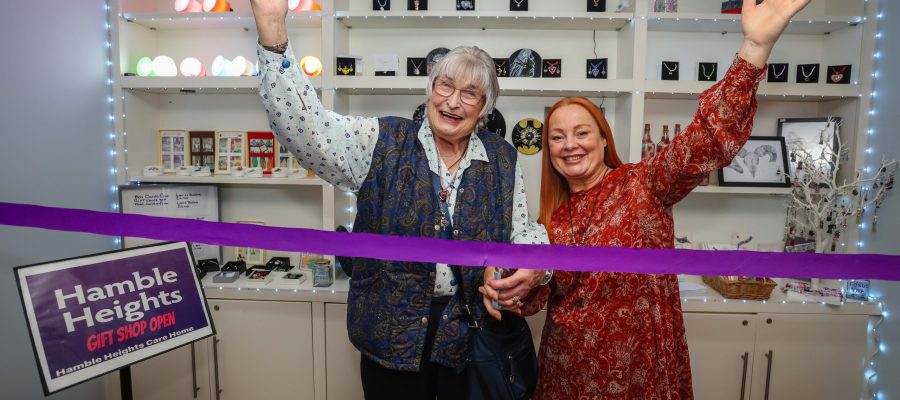Supporting a friend or relative who has dementia is often very challenging, it’s not uncommon to worry about what you should or shouldn’t say. As dementia progresses it affects people’s ability to express themselves so you may need to learn new ways to understand and communicate with them. Here are our expert tips to help guide you:
What not to say to someone with dementia:
At Encore we know how important it is to raise awareness about dementia and encourage more people to recognise the impact it can have on a person, as well as those who are close to them.
Communication is key to understanding the needs of someone with dementia and to help you to find ways to connect with them. Here are some top tips on how to engage in conversation with someone who has dementia:
Be friendly and approachable
It is important not to be condescending and to make sure your body language is open and relaxed, so the other person feels at ease.
Be patient
A person with dementia may take longer to communicate than usual and it could take longer for them to process what you say. They might also be repetitive and although at times this might be frustrating, avoid saying things like, ‘I’ve just told you that’, as it only reminds them of their condition. Instead, be polite and patient. It is important to listen and be understanding.
Look and listen
If you are not entirely sure what the person is telling you, politely let them know. Also, look at their facial expressions, movements and gestures, as they might be trying to give clues as to how they are feeling in other ways.
Be straight forward
Try not to complicate the conversation by talking about too many different things at the same time. It is best to communicate with the person in a conversational way, rather than asking question after question. As cognitive abilities slow down, it is difficult to process multiple ideas at once. Therefore, avoid using long complicated sentences and use short, simple phrases instead.
Avoid distractions
Try and find a place, where you can create a comfortable ambiance that does not have a lot of distractions, so the person you are speaking to can focus all of their mental energy on you.
Avoid lots of questions
It is great to reminiscence and talk about the past, however, avoid questions such as ‘Remember when…?’ as this can be frustrating for them if they cannot recall what you are referring to. Instead, lead the conversation with phrases such as, ‘I remember when…’ and allow the person to join in.
Focus on the present
Whilst it is polite to ask someone about their day, such as ‘What have you been up to this morning?’, it is better to focus on the here and now. If they cannot recall what they did that morning, it might cause stress. Stick to questions that define options and allow the person to make personal choices, such as, ‘Would you like a cup of tea?’
Address the person, not their condition
Use the name of the person and not words like, ‘dear’, ‘love’, ‘sweetheart’. These terms can sometimes cause older people to feel patronised and infantilised. By using their name, this supports their focus and preserves their dignity.
A warm welcome
Although it can be distressing when someone with dementia does not recognise you, it is important to not bring this to their attention by asking ‘Do you recognise me?’ This can make them feel more confused and concerned that they are not aware of who you are. Instead, remain warm and friendly when you greet them with a simple, ‘Hello’, or you could even say your name if that helps them.
Dementia advice from the professionals:
Lindsay Rees, Director of Health and Care:
Never tell them they are wrong. The most powerful thing ever said to me was by the wife of a man in my care, who when I asked her how she had managed to look after him so well despite his profound memory loss and distressed reactions she said, “I just go to the place where he is”.
She explained that he was always wanting to get the bus to work or home or elsewhere, and she would talk to him about this. She would be in the moment with him and join him on a virtual journey; talking about the things they would see when they got there and on the way.
Dementia care at Encore Care Homes
At Encore we get to know each resident’s past and their present to create a Care Plan as individual as they are. We consider your loved one’s care needs whilst respecting preferences, lifestyle, interests, and routines. We have specific floors that cater for different dementia needs – from the early signs of dementia through to behaviour that challenges and end of life care.
Encore has a dementia dedicated Clinical Leadership Team, headed up by Director of Health and Care, Lindsay Rees, and supported by skilled care experts, from Home Managers to Clinical Leads and Senior Nurses. Find out more.




